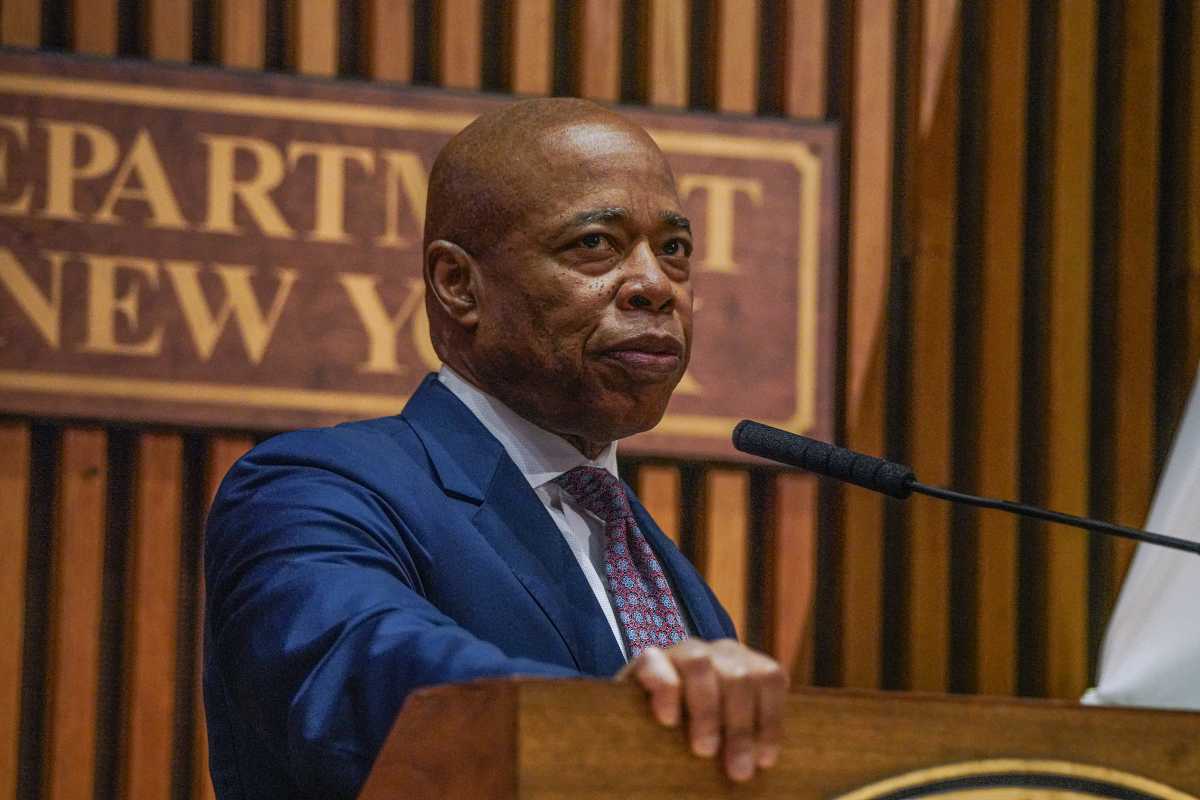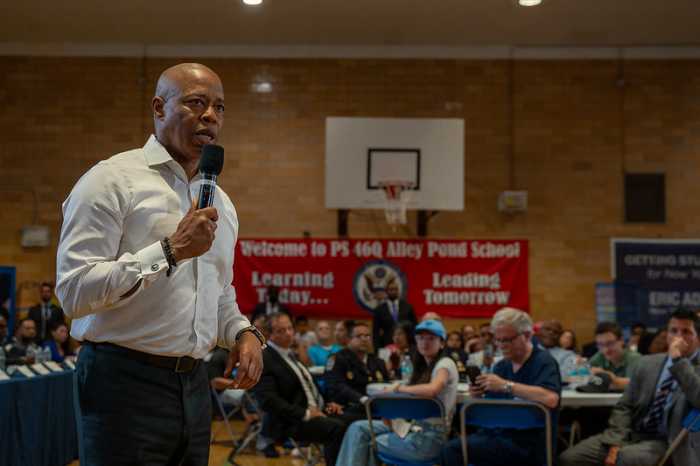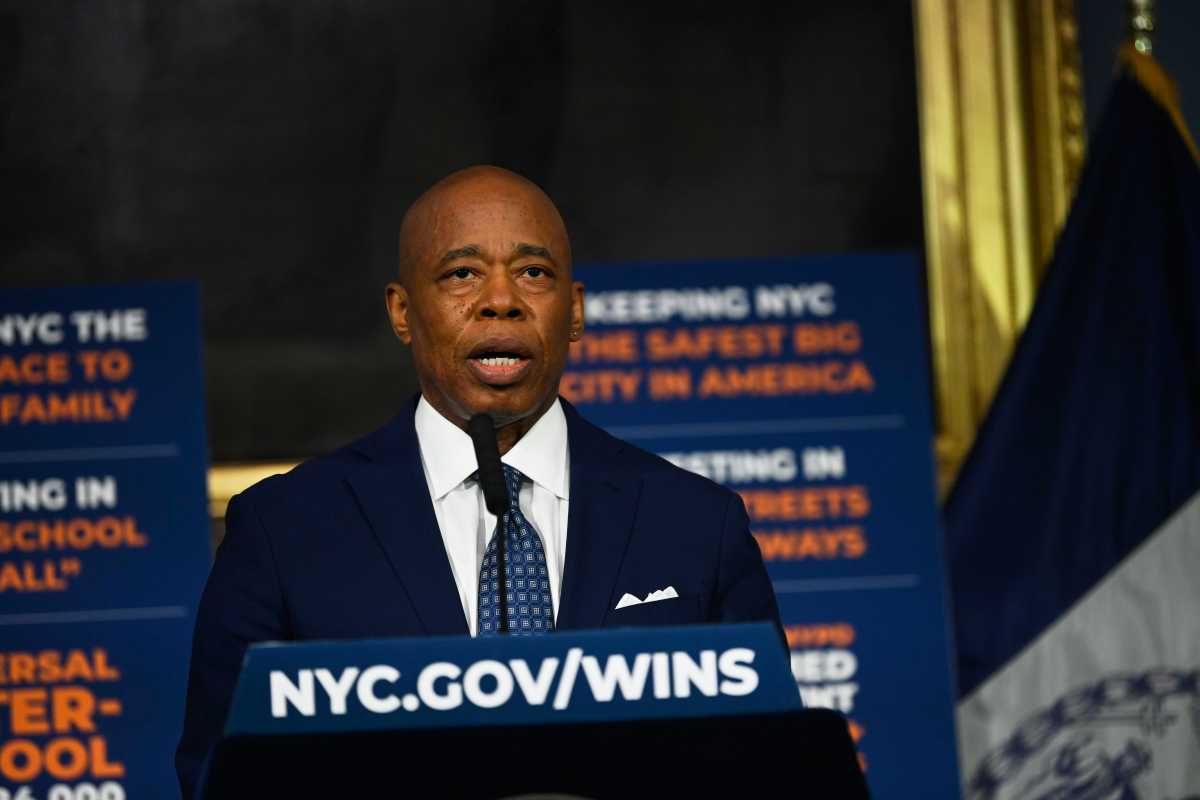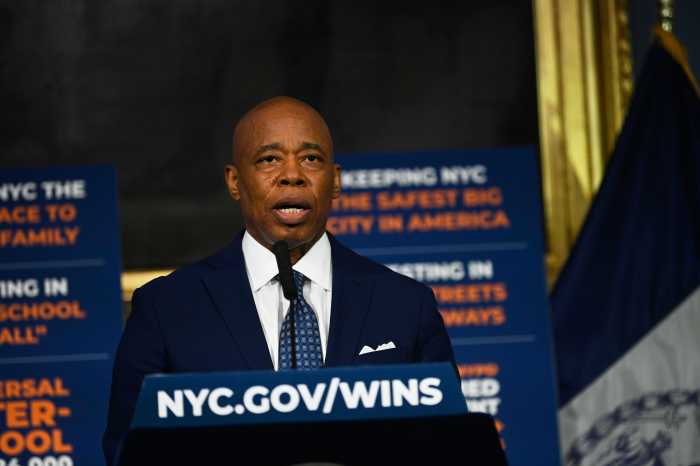POLITICAL NEWS Analysis
(AP) In the political campaigns still taking shape, President Barack Obama, Republican challenger Mitt Romney and lawmakers of both parties say they want to protect college students from a sharp increase in interest rates on federally subsidized loans.
Agree, they might, and act they surely will. But first, they settled effortlessly into a rollicking good political brawl.
In less than 72 hours, what might have looked like a relatively simple matter mushroomed into a politically charged veto showdown that touched on the economy and health care, tax cuts and policies affecting women. Campaign commercials to follow, no doubt.
“This is beneath us. This is beneath the dignity of this House and the dignity of the public trust that we enjoy,” protested Republican House Speaker John Boehner of Ohio as the parties maneuvered for position.
Evidently not.
“It shouldn’t be a Republican or a Democratic issue. This is an American issue,” Obama said in North Carolina last week as he broached the topic of legislation in a move to gain support students in the fall election. He urged his listeners to tweet their lawmakers and urge them to block an increase in interest rates on federally subsidized loans issued beginning July 1.
There was partisan pop behind Obama’s message, though.
Over two days of campaign-style appearances on college campuses, he quoted one unnamed Republican lawmaker as saying she had “very little tolerance for people who tell me they graduate with debt because there’s no reason for that.” Another GOP lawmaker likened student loans to “stage three cancer of socialism,” he said. Both Republicans quickly said they had been quoted out of context.
Within a day, Romney told reporters he agreed on the need to prevent the rate increase, while conceding nothing to Obama in the search for political advantage. “I support extending the temporary relief on interest rates for students,” he said, and cited “extraordinarily poor conditions in the job market” in a jab at the president’s handling of the economy.
Congressional Democrats announced they would write legislation to prevent a doubling of the current 3.4 percent interest rate, and cover the $6 billion cost by requiring more wealthy individuals to pay Social Security and Medicare payroll tax.
It was a not-so-subtle reprise of a campaign perennial, the allegation that Republicans want to cut programs benefiting those who aren’t rich to protect tax cuts for those who are.
“Let’s be honest,” said Senate Republican leader Mitch McConnell of Kentucky. “The only reason Democrats have proposed this particular solution to the problem is to get Republicans to oppose it, to make us cast a vote they think will make us look bad to the voters they need to win the next election.”
He then accused Democrats of wanting to pay for the legislation “by raiding Social Security and Medicare, and by making it even harder for small businesses to hire.”
Democrats noted that the Republican written budget included no provisions to block the increase in the interest rate. It was evidence, they added, that if the GOP had its way, the cost of borrowing would double soon.
This, in turn, brought a rebuttal from Boehner, who said at midweek that the Republican-controlled House would vote quickly to prevent the interest rate from rising. “The issue is not a partisan issue,” he said, echoing Obama on one point. “No one here expected interest rates would go up in the fall.”
Then he, too, put his thumb on the political scales.
The Republican bill would cover the $6 billion cost by slicing into a fund to cover preventive health care costs. That expanded the struggle to include one of the Republicans’ own campaign planks-the promise to repeal what they deride as “Obamacare,” and failing that, to dismantle it piece by piece.
Charge gave way to countercharge having little or nothing to do with student loans.
Democrats said the health care fund Republicans had targeted was evidence of a “war on women.”
“Give me a break,” protested Boehner on the House floor. Addressing Democrats, he said, “you may have already forgotten that several months ago you voted to cut $4 billion out of this fund to pay for the payroll tax cut.”
By then, the White House weighed in with a veto threat, which House Republicans promptly ignored in passing its version of the measure on a near party-line vote of 215-195.
With that, Congress, its approval rating mired in the teens, went on a one-week vacation.


































